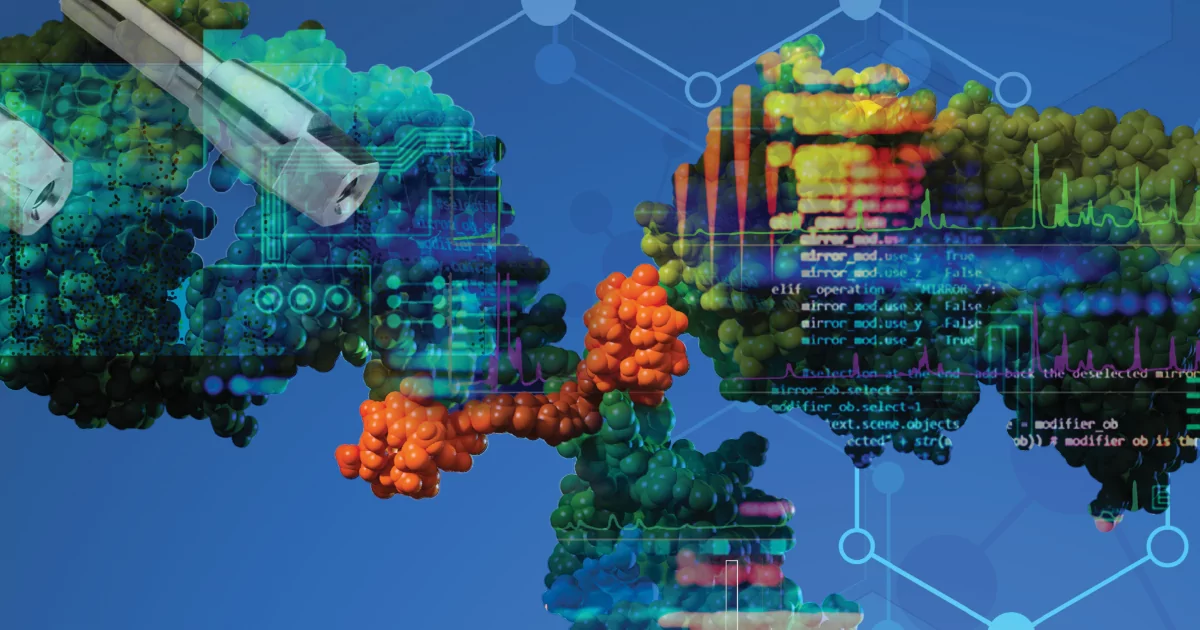Heather Longden
After a number of years in training, supporting and selling Waters Software, Heather’s current role is as a specialist in compliance to e-record regulations, acting as a resource to the global informatics community at Waters and the users of all Waters informatics products. This involves helping design the compliance into our informatics products and services, attending and presenting at specialist conferences, keeping up to date on the latest interpretations and amendments to the regulations and disseminating this information to the Waters field and corporate organizations. Heather is also active in the ISPE GAMP Community of Practice and the ISPE New England Chapter where she is called on as an expert in Data Integrity, specifically around the chromatographic analysis process.









